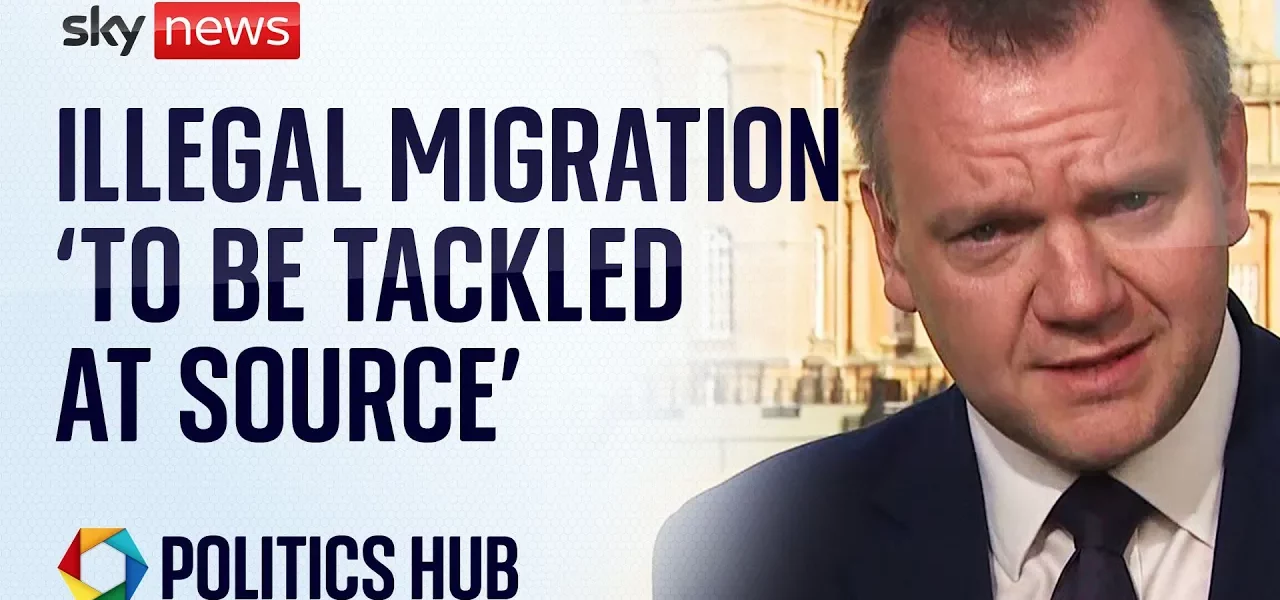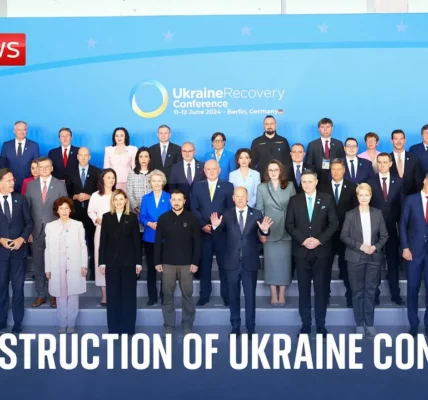Strengthening Ties: Insights from the European Political Community Summit

Join us as we explore the key takeaways from the recent European Political Community Summit, focusing on the UK’s renewed commitment to international law, migration management, and a collaborative approach to security with European allies.
Introduction
The European Political Community (EPC) Summit marked a significant moment for the UK as it seeks to redefine its relationship with European nations. In light of recent developments, the UK government has expressed its intent to foster a constructive partnership with European allies while addressing critical issues such as migration and cross-border crime. This article delves into the discussions and initiatives that emerged from the summit, highlighting the UK’s strategic objectives and the implications for its future relations with Europe.
Re-establishing Relationships with Europe
At the heart of the discussions during the EPC Summit was the UK’s desire to reset its relationship with European friends and allies. This renewed commitment is set against a backdrop of previous tensions and disagreements regarding trade, immigration, and security. Key points of focus included:
- Constructive partnership with European nations
- Commitment to international law and human rights
- Strengthening cooperation on security and law enforcement
The summit, held at the historic Blenheim Palace, symbolized a return to collaborative diplomacy, with the UK government eager to engage with European leaders to enhance mutual interests.
Commitment to International Law
One of the standout themes of the summit was the UK’s reaffirmation of its dedication to international law, particularly its commitment to the European Convention on Human Rights (ECHR). The significance of this commitment cannot be understated, as it reflects a shift from prior ambiguities in the government’s stance. Key aspects include:
Historical Context
The UK is at the birthplace of Winston Churchill, a pivotal figure in the establishment of the ECHR. This historical connection underscores the importance of these principles in shaping modern governance and international relations.
Current Initiatives
The government has outlined several initiatives to reinforce its commitment to international law:
- Collaboration with European partners on human rights issues.
- Public declarations of commitment to uphold the ECHR.
Addressing Migration Challenges
Migration remains a contentious issue, particularly concerning illegal crossings and human trafficking. The summit saw announcements regarding new partnerships aimed at tackling these challenges effectively. Significant points discussed included:
Financial Commitments
The UK government revealed plans to invest £84 million in initiatives aimed at curbing illegal migration from Africa and the Middle East. This investment is part of a broader strategy to enhance border security and cooperation with European nations.
Law Enforcement Collaboration
Strengthening cooperation with Europol was highlighted as a crucial step in combating organized crime and dismantling smuggling networks. This cooperation includes:
- Deployment of National Crime Agency offices to work closely with Europol.
- Establishment of a Border Security Commander role to unify various law enforcement agencies under a single command.
Future Directions and Cooperation
Looking ahead, the UK government aims to negotiate a reset with the European Union, focusing on security pacts and trade relations. This entails:
Strategic Goals
- Enhancing security protocols to protect borders effectively.
- Facilitating trade by removing barriers that hinder economic cooperation.
- Engaging in proactive dialogue to address mutual concerns.
The emphasis is on building a partnership that benefits both the UK and its European counterparts, with a focus on shared interests and collaborative solutions.
Conclusion
The recent European Political Community Summit has been a pivotal moment for the UK in its quest to strengthen ties with Europe. With a clear commitment to international law, a proactive approach to migration, and a desire for enhanced cooperation, the UK government is setting the stage for a renewed partnership with its European allies. As these initiatives unfold, it is crucial for citizens and stakeholders to remain informed and engaged. We encourage readers to explore further on the implications of these developments for both the UK and Europe, as well as the broader context of international relations.
“`




